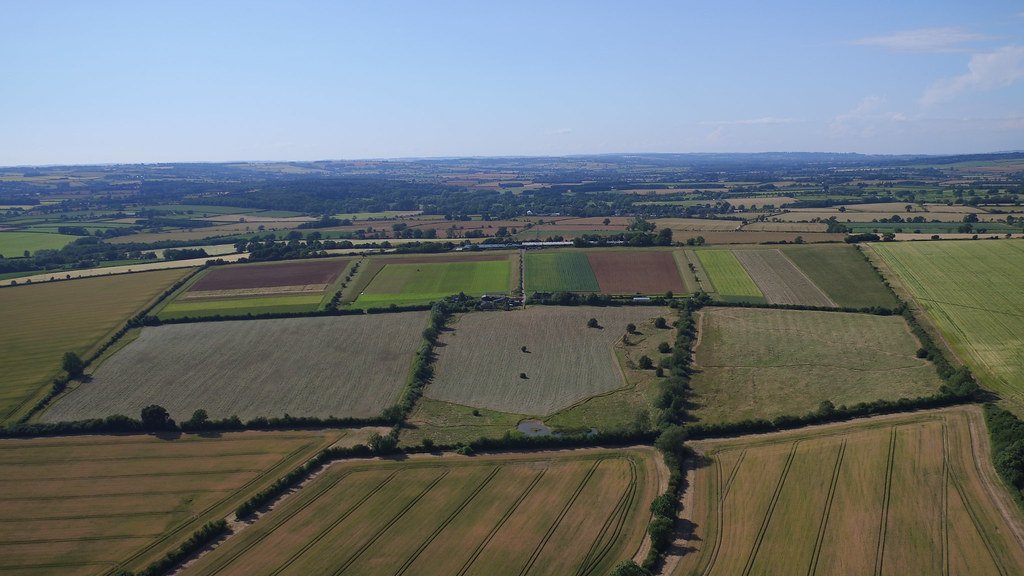Cotswold Bees & Cotswold Seeds
Part of our plans for Honeydale Farm include beekeeping, and Cotswold Seeds Manager Paul Totterdell, who is keen to be our resident bee man, has enrolled on a course with Cotswold Bees, part of the North Cotswold Beekeepers’ Association, which provides training, services and equipment.
There’s no disputing the importance of bees as pollinators vital to our food chain and for genetic sustainability, nor that species have been in decline for a number of years due to a variety of factors, including intensive farming. But a new study by researchers at Sussex University, published in ‘Molecular Ecology’ this month, has confirmed that planting farmland with strips of flowers can significantly boost the number of wild bees. This is something which we’ve been determined to achieve at Honeydale, using Cotswold Seeds’ Pollen & Nectar Mix and Wildflower Mix as well as growing bee-friendly crops such as sainfoin.
Paul will be learning everything from how to set up an apiary and site bees, to the components of a hive, frame building and the beekeeping year and will be looking to introduce bees at Honeydale this summer. If you have any suggestions for him please email them onto pault@cotswoldseeds.com
.png)








1 comments: